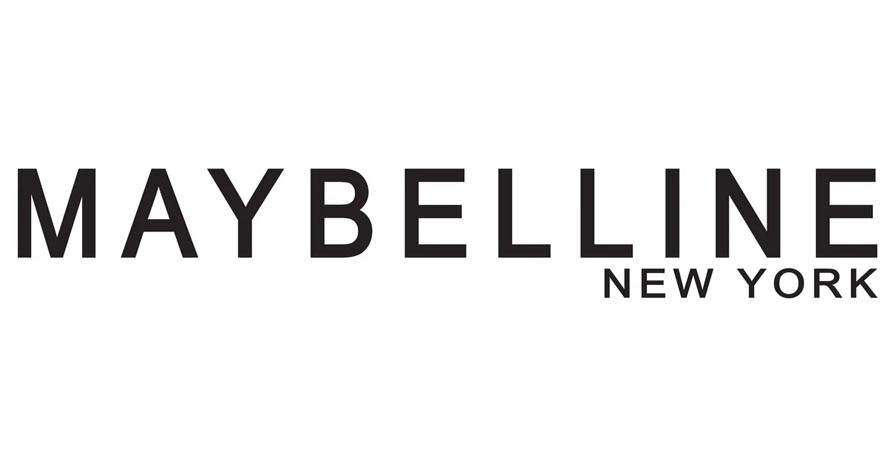Trouble is brewing for Microsoft in Europe. Privacy advocacy group NOYB filed two complaints against the tech giant with the Austrian privacy watchdog, targeting their widely used online education software, Microsoft 365 Education. This comes amidst growing concerns about how Big Tech companies handle student data.
The rise of online learning platforms boomed during the pandemic as schools scrambled to adapt to remote teaching. But with this shift came a tidal wave of worries about how these platforms collect, use, and ultimately protect student data.
NOYB’s lawyers outlined two main areas of concern. Their first complaint centers on who actually holds the responsibility for student data compliance under EU’s General Data Protection Regulation (GDPR). They argue that Microsoft seems to be unfairly pushing this responsibility onto schools.
The group worries that schools, often lacking the resources and expertise for complex data management, are being ill-equipped to handle this role. According to NOYB, GDPR places the onus of data processing squarely on the shoulders of the “data controller.” They believe Microsoft, as the software provider, should be the one on the hook for ensuring student data is handled in accordance with regulations.
The second complaint dives into the murky world of cookies. These little bits of data, often used for advertising purposes, are embedded within Microsoft 365 Education. NOYB is deeply troubled by the prospect of student data being tracked through these cookies, potentially opening the door for misuse. Their analysis suggests this practice could be impacting hundreds of thousands of students across Europe.

NOYB isn’t holding back. They’re urging the Austrian Data Protection Authority to take a deep dive into their complaints and potentially hit Microsoft with a hefty fine for non-compliance with GDPR.
This case throws a spotlight on the delicate balancing act between the undeniable benefits online learning tools offer and the paramount need to safeguard student privacy. As online education becomes an increasingly entrenched part of the educational landscape, finding solutions that protect student data while allowing schools to leverage these valuable resources is more important than ever.
Brussels became a battleground for student data privacy this week as Microsoft faced a double dose of trouble. Privacy advocacy group NOYB filed two complaints against the tech giant with the Austrian privacy watchdog, taking aim at Microsoft’s ubiquitous online education software, Microsoft 365 Education. This lawsuit adds fuel to the already blazing fire of concern surrounding Big Tech’s handling of student data, a topic that has heated up considerably in recent years.
The global pandemic acted as a catalyst for the widespread adoption of online learning platforms. School doors slammed shut, classrooms went virtual, and students became digital nomads navigating a new educational landscape. This rapid shift, however, wasn’t without its growing pains. As online learning platforms proliferated, so too did anxieties about how these platforms collect, use, and ultimately protect the sensitive data of their young users.
NOYB’s lawyers meticulously crafted their complaints, focusing on two key areas of concern. The first complaint centers on a potential game of hot potato – who is ultimately responsible for ensuring student data compliance under the European Union’s General Data Protection Regulation (GDPR)? NOYB argues that Microsoft appears to be dodging this responsibility, unfairly pushing it onto the shoulders of schools.

This is a particularly unsettling proposition for NOYB, who believe schools are often ill-equipped to handle the complexities of data management. Schools, they argue, typically lack the dedicated resources and specialized expertise required to navigate the intricate web of data protection regulations. According to NOYB’s interpretation of GDPR, the responsibility for data processing falls squarely on the “data controller.” In this case, they believe Microsoft, as the software provider, should be the one held accountable for ensuring student data is handled in accordance with the regulation’s strictures.
The second complaint ventures into the murky territory of cookies – those often-invisible bits of data embedded within websites and applications, frequently used for advertising purposes. NOYB expresses deep unease about the presence of cookies within Microsoft 365 Education. The prospect of student data being tracked through these cookies is a cause for serious concern, potentially opening the door for misuse of this sensitive information. NOYB’s analysis suggests that this practice could be impacting hundreds of thousands of unsuspecting students across the vast European landscape.
NOYB isn’t mincing words. They’re demanding a thorough investigation from the Austrian Data Protection Authority. They’re not just seeking a deeper look into their complaints, but also the potential for a hefty fine to be levied against Microsoft for any non-compliance with GDPR regulations.
This lawsuit serves as a stark reminder of the delicate tightrope walk between the undeniable benefits that online learning tools offer and the paramount need to safeguard student privacy. As online education becomes an increasingly permanent fixture in the educational landscape, finding solutions that protect student data while allowing schools to leverage these valuable resources is no longer just a priority, it’s an absolute necessity. The outcome of this case has the potential to set a precedent for how Big Tech companies handle student data in the years to come, shaping the future of online education and the privacy rights of its young users.
If you like the article please follow on THE UBJ.


















































































